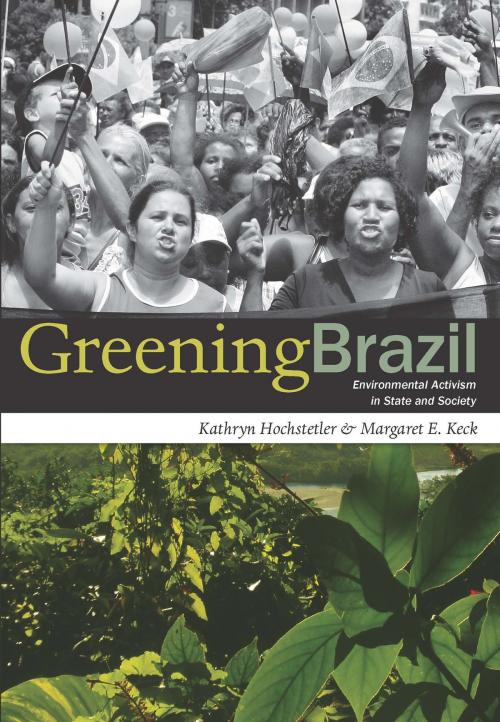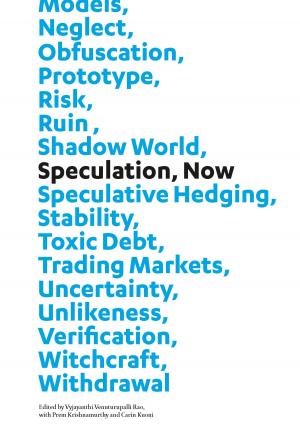Greening Brazil
Environmental Activism in State and Society
Nonfiction, History, Americas, South America, Science & Nature, Science, Biological Sciences, Environmental Science, Social & Cultural Studies, Political Science, Government, Public Policy| Author: | Kathryn Hochstetler, Margaret E. Keck | ISBN: | 9780822390596 |
| Publisher: | Duke University Press | Publication: | August 29, 2007 |
| Imprint: | Duke University Press Books | Language: | English |
| Author: | Kathryn Hochstetler, Margaret E. Keck |
| ISBN: | 9780822390596 |
| Publisher: | Duke University Press |
| Publication: | August 29, 2007 |
| Imprint: | Duke University Press Books |
| Language: | English |
Greening Brazil challenges the claim that environmentalism came to Brazil from abroad. Two political scientists, Kathryn Hochstetler and Margaret E. Keck, retell the story of environmentalism in Brazil from the inside out, analyzing the extensive efforts within the country to save its natural environment, and the interplay of those efforts with transnational environmentalism. The authors trace Brazil’s complex environmental politics as they have unfolded over time, from their mid-twentieth-century conservationist beginnings to the contemporary development of a distinctive socio-environmentalism meant to address ecological destruction and social injustice simultaneously. Hochstetler and Keck argue that explanations of Brazilian environmentalism—and environmentalism in the global South generally—must take into account the way that domestic political processes shape environmental reform efforts.
The authors present a multilevel analysis encompassing institutions and individuals within the government—at national, state, and local levels—as well as the activists, interest groups, and nongovernmental organizations that operate outside formal political channels. They emphasize the importance of networks linking committed actors in the government bureaucracy with activists in civil society. Portraying a gradual process marked by periods of rapid advance, Hochstetler and Keck show how political opportunities have arisen from major political transformations such as the transition to democracy and from critical events, including the well-publicized murders of environmental activists in 1988 and 2004. Rather than view foreign governments and organizations as the instigators of environmental policy change in Brazil, the authors point to their importance at key moments as sources of leverage and support.
Greening Brazil challenges the claim that environmentalism came to Brazil from abroad. Two political scientists, Kathryn Hochstetler and Margaret E. Keck, retell the story of environmentalism in Brazil from the inside out, analyzing the extensive efforts within the country to save its natural environment, and the interplay of those efforts with transnational environmentalism. The authors trace Brazil’s complex environmental politics as they have unfolded over time, from their mid-twentieth-century conservationist beginnings to the contemporary development of a distinctive socio-environmentalism meant to address ecological destruction and social injustice simultaneously. Hochstetler and Keck argue that explanations of Brazilian environmentalism—and environmentalism in the global South generally—must take into account the way that domestic political processes shape environmental reform efforts.
The authors present a multilevel analysis encompassing institutions and individuals within the government—at national, state, and local levels—as well as the activists, interest groups, and nongovernmental organizations that operate outside formal political channels. They emphasize the importance of networks linking committed actors in the government bureaucracy with activists in civil society. Portraying a gradual process marked by periods of rapid advance, Hochstetler and Keck show how political opportunities have arisen from major political transformations such as the transition to democracy and from critical events, including the well-publicized murders of environmental activists in 1988 and 2004. Rather than view foreign governments and organizations as the instigators of environmental policy change in Brazil, the authors point to their importance at key moments as sources of leverage and support.















